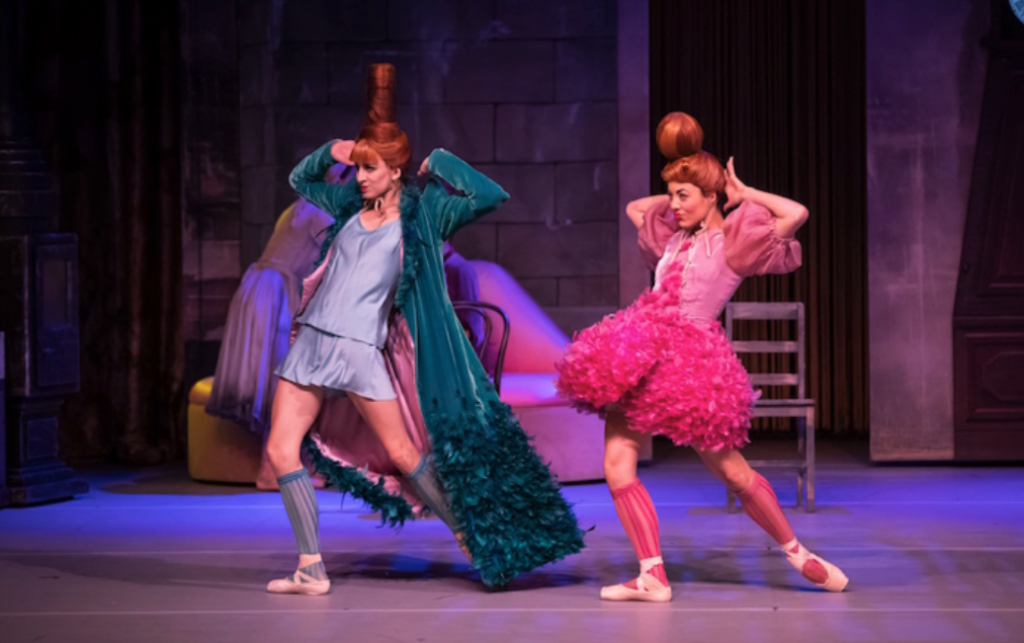
Actors’ Strike Halts Filming in Australia Amidst Global Industry Dispute
Australia’s film industry has been hit by the effects of an ongoing strike by actors in Hollywood. The Screen Actors Guild (SAG) voted in favour of a strike action, resulting in the suspension of a movie production in Queensland. The strike, which involves the union’s 160,000 members, is a show of solidarity with the striking Hollywood colleagues who have been demanding better pay and royalties from streaming platforms.
The impacted film, “Apples Never Fall,” directed by Matchbox Pictures and starring Annette Bening and Sam Neill, has been filming in Queensland since March. However, production has been put on hold for the duration of the strike. The movie, based on the best-selling novel by Australian author Liane Moriarty, was scheduled to stream on NBCUniversal’s Peacock service in the United States. The suspension of the film’s production not only affects the Australian economy, as it was expected to inject over $79 million and create 260 jobs for local cast and crew, but it also highlights the global reach of the issues faced by actors in the entertainment industry.
The Media, Entertainment and Arts Alliance, a union representing Australian actors, has expressed solidarity with their American counterparts. Erin Madeley, a spokesperson for the union, stated that the concerns raised by US actors and writers are shared internationally. One of the key issues is the inequitable distribution of streaming revenue. Streaming services have seen significant profits while actors are not receiving their fair share. Additionally, performers are worried about the impact of artificial intelligence on their job security, as generative AI can replicate their expressions, movements, and voices with alarming accuracy.
The strike in Hollywood, which began with screenwriters in May and has now been joined by actors, marks the first dual work stoppage in 63 years. The demands put forth by both SAG and the Writers Guild of America include increased base pay and residuals for streaming content and assurances that AI will not replace human actors. Negotiations between the unions and the Alliance of Motion Picture and Television Producers have reached an impasse, leading to the decision to strike.
Fran Drescher, former star of “The Nanny” TV show and president of SAG, expressed disappointment with the studios’ responses to the actors’ concerns, describing them as “insulting and disrespectful.” Drescher called attention to the vast amounts of money being allocated to CEOs while the industry claims financial constraints. The Alliance of Motion Picture and Television Producers expressed disappointment with the strike decision and highlighted the offers they made, including historic pay and residual increases and a proposal to protect actors’ digital likenesses using AI.
The strike has had a significant impact on the entertainment industry, with late-night television shows in reruns, disruptions in TV production, and the halting of major movie projects. Overseas shoots involving SAG members have also been affected, such as the filming of Paramount Pictures’ sequel to “Gladiator” in Morocco and Malta. However, certain production work not involving SAG performers, such as location scouting and specific types of post-production editing, can still proceed.
The strike has garnered support from actors worldwide. During the London premiere of the film “Oppenheimer,” stars including Matt Damon and Emily Blunt walked out in solidarity with the strike. Director Christopher Nolan confirmed their departure, emphasizing their commitment to supporting the strike once it was officially called. Damon emphasized the need to allocate the industry’s profits in a way that takes care of all members, particularly those who are on the margins.
As the strike continues, it remains to be seen how negotiations between the unions and production studios will unfold, and what the implications will be for the future of the entertainment industry and the fair treatment of actors worldwide.






